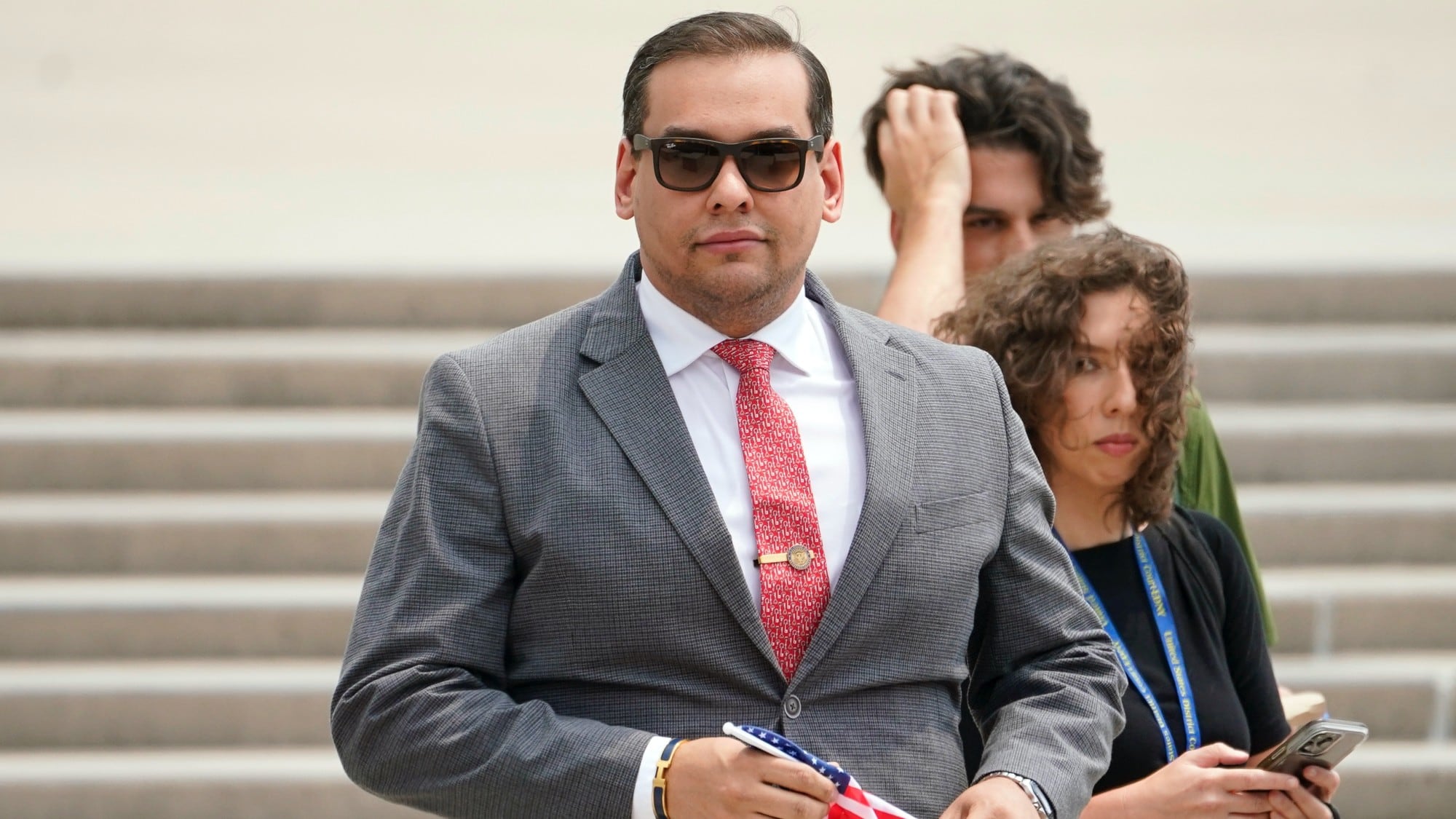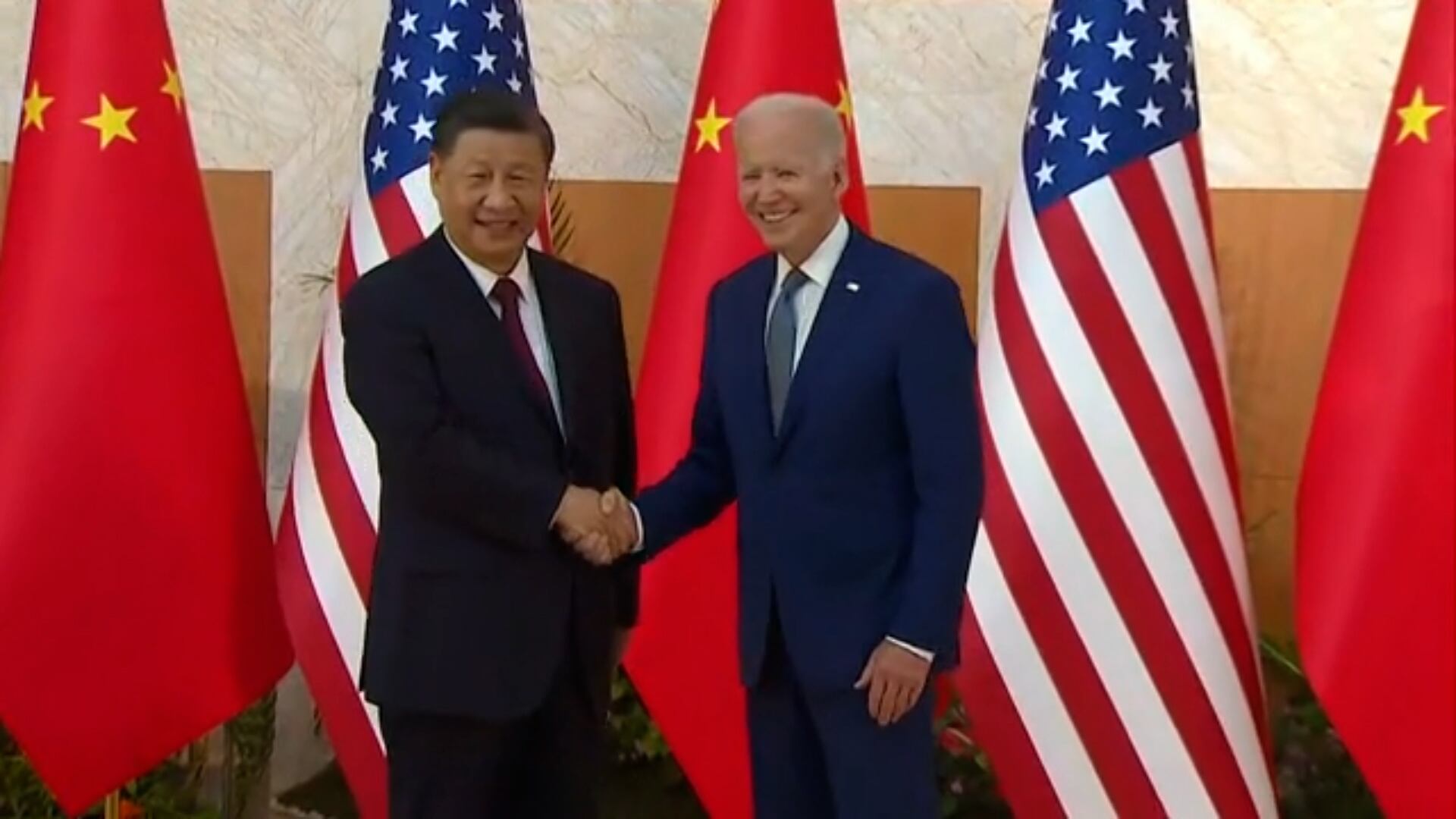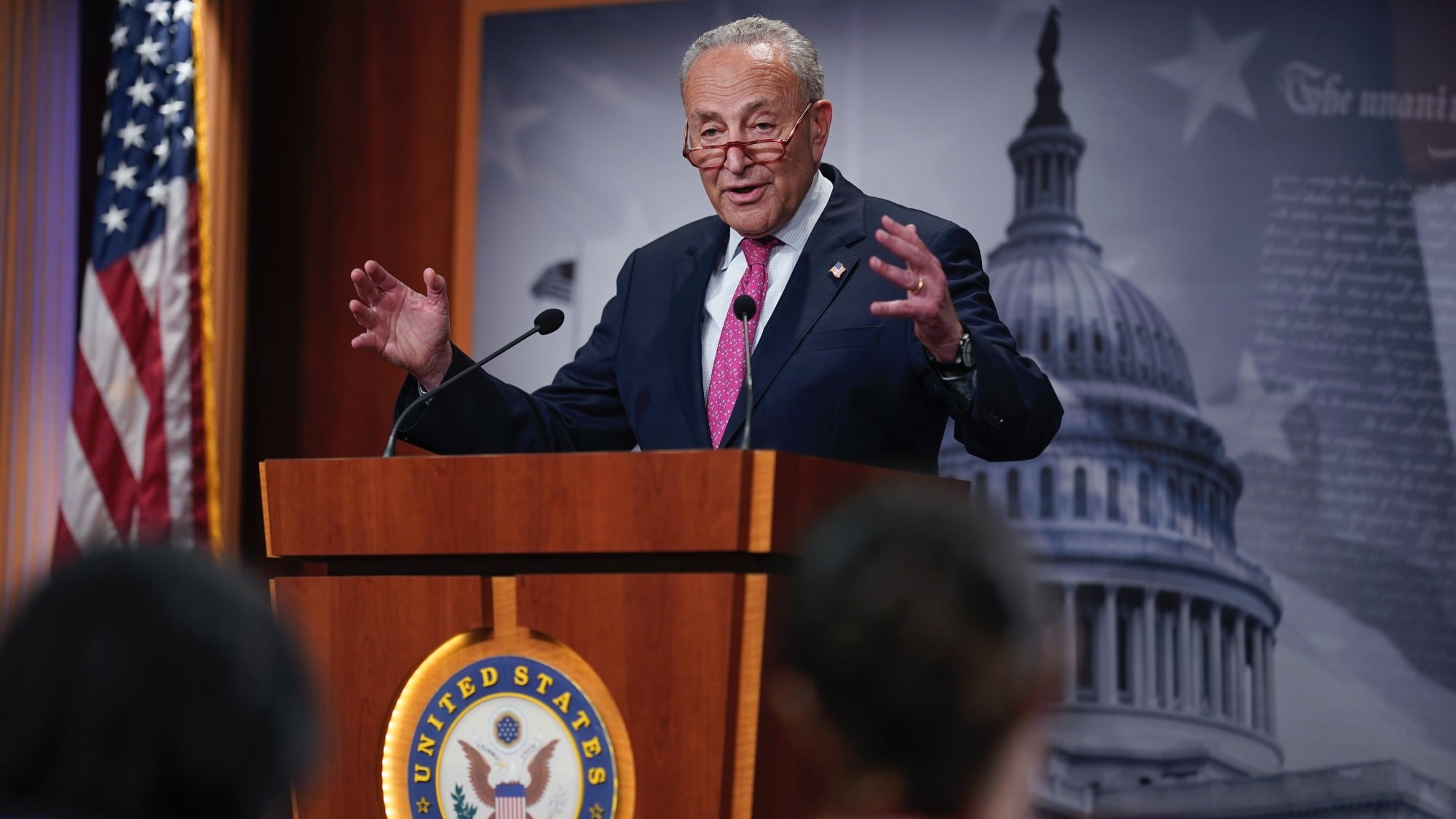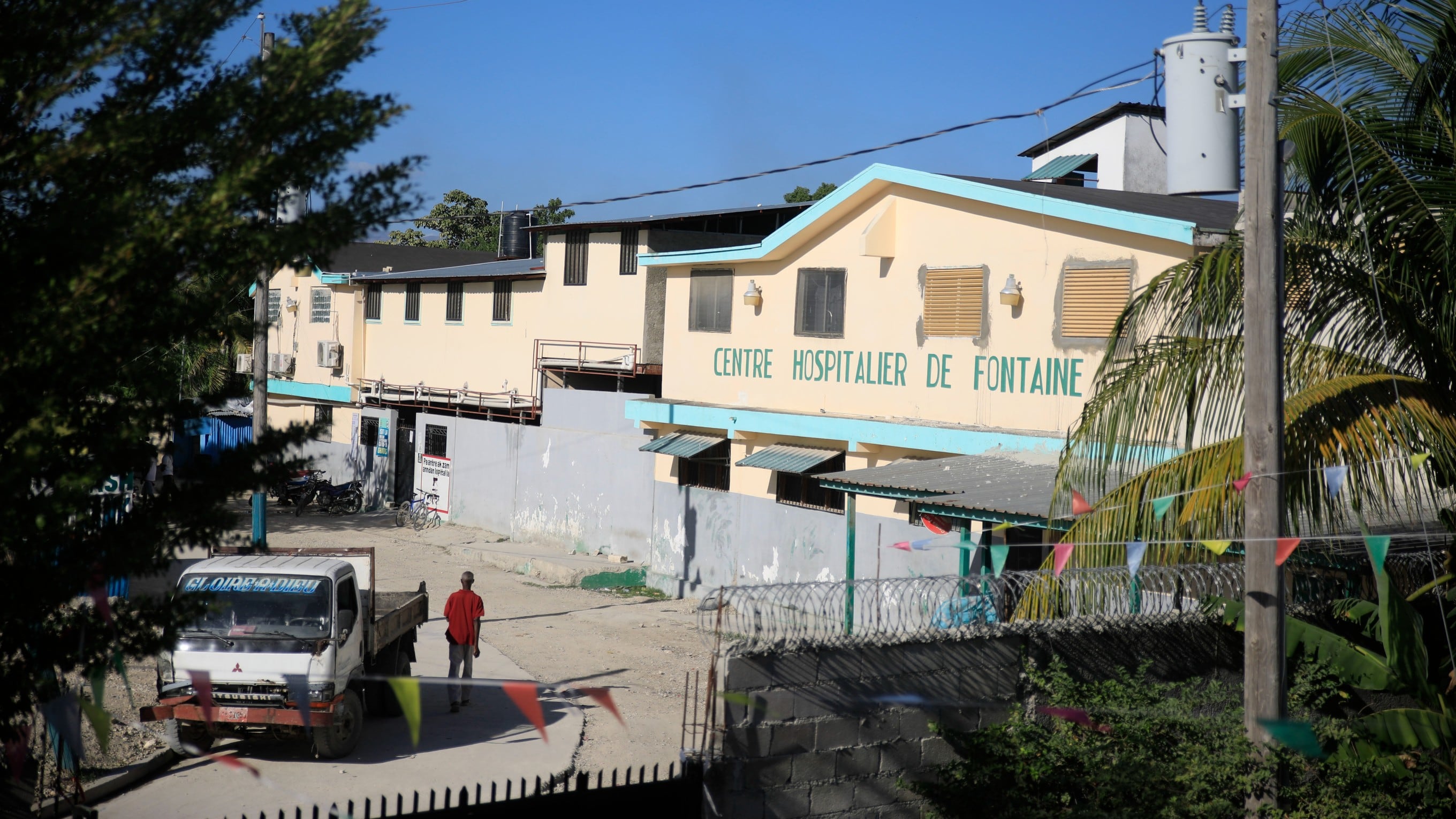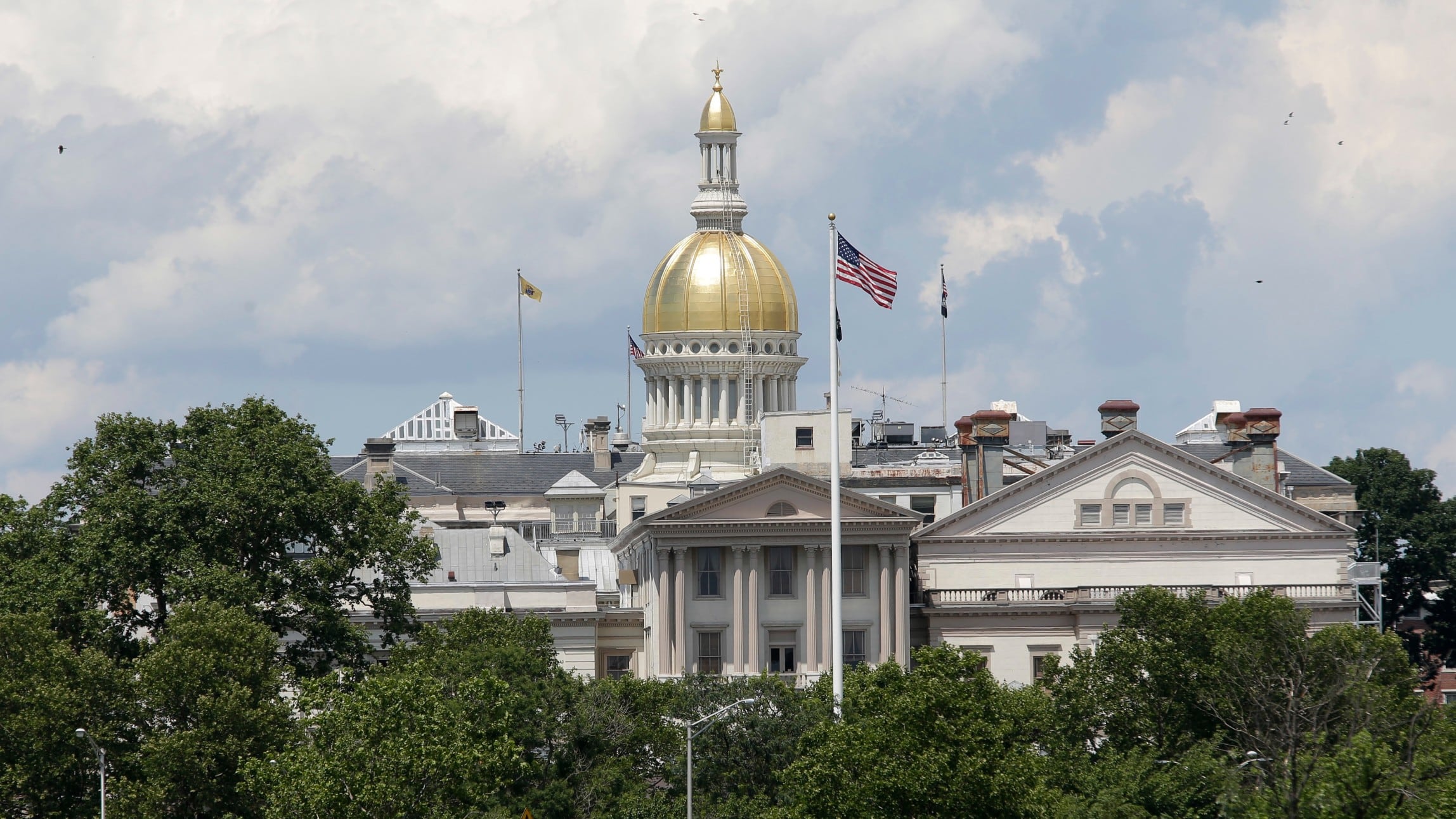As states roll out coronavirus vaccination plans, confronting skepticism in the hardest-hit communities is a top priority for local officials.
Among those spreading the word that the vaccine is safe and effective is Rep. Adriano Espaillat (D-N.Y. 13th District), who represents Harlem and much of Upper Manhattan.
"Certainly there's been an ugly history of vaccines in America," Espaillat told Cheddar. "Many folks were used as guinea pigs."
The representative referred to unethical clinical studies from the past such as the Tuskegee Syphilis Study, in which the U.S. government promised hundreds of African-American sharecroppers free health care despite never actually administering treatment.
Now Espaillat is reaching out to constituents in his district to make the case that a lot has changed since those injustices took place.
"I ask everyone to save themselves and their families by taking this vaccine," he said. "This is not like the 1930s or the late 40s or when these experiments were happening in our communities."
Yet, elected officials still have a wide chasm to bridge in communities of color.
An Associated Press poll found that just 24 percent of Black respondents said they would get the COVID-19 vaccine, while 40 percent said they would not be getting it. Hispanics were close behind with 34 percent saying they would, and 26 percent saying they would not.
This compares with 53 percent of white respondents who said they would get the vaccine and just 25 percent who said they would not.
Espaillat explained that government response to the virus so far — which has been marked by moments of inconsistency from national leaders — has led to some of the uncertainty around the vaccine as well.
"Too many people have died in our communities, and I think it's smart and important to protect yourself and your families," he said.



